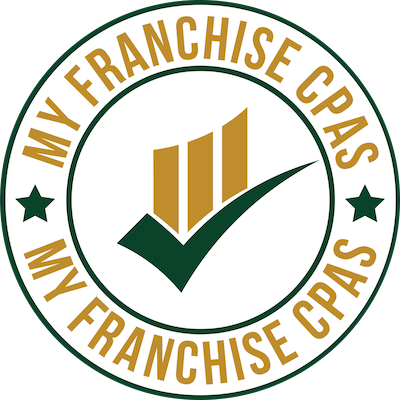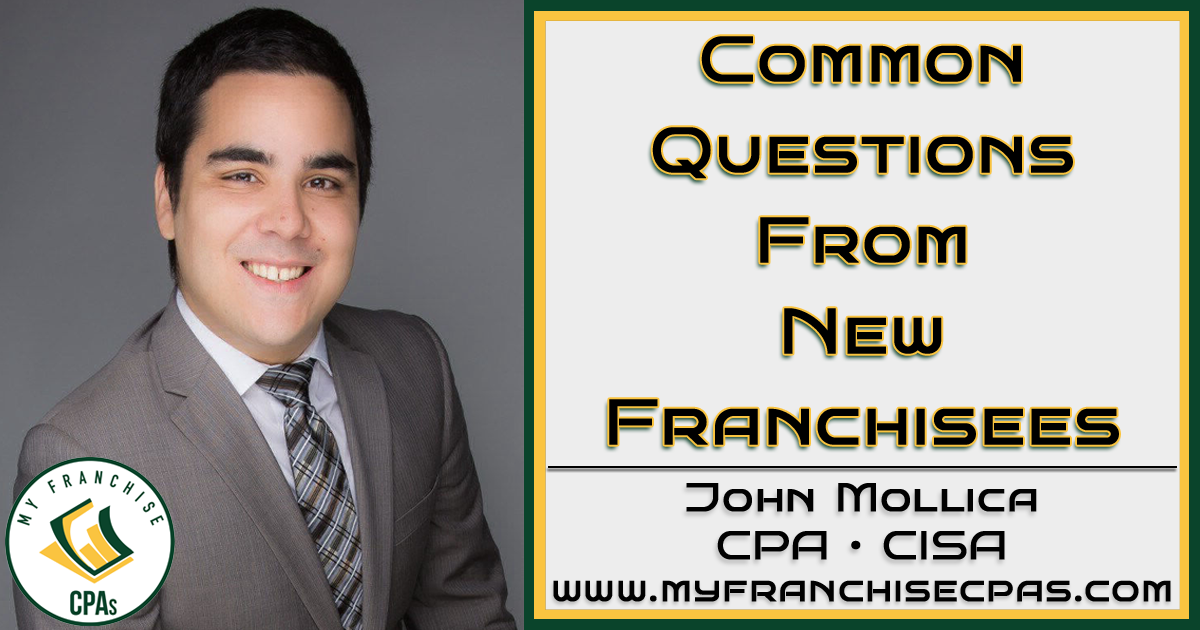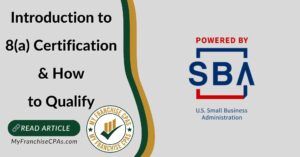Common Questions From New Franchisees
If you’re reading this, you may have either started a franchise or are considering it.
With the incredible amount of information available today, it is sometimes hard to know where to begin when looking for help. Heck, it’s hard to know when you even need help!
So, for your convenience, I’ve compiled a list of questions we get asked constantly by new franchisees. I will provide our answer to each question, so in essence you have a great resource of what to look out for and what to expect when investing in a new franchise.
1- How Much Does It Cost to Start a Franchise?
This really depends. Every franchise has a different cost to start, as well as differing royalty fees.
In most cases, you can expect the following fees to open a franchise:
- Franchise fee – This is the initial fee you pay to purchase your franchise. Expect to see franchise fees from just a couple thousand dollars to over $100,000.
Chik-Fil-A for example requires a $10,000 franchise fee, whereas McDonald’s requires a $45,000 fee to start. Another franchise, Budget Blinds, requires a $90,000 fee to start. This fee is just part of the puzzle, however.
- Buildout – This is typically the most expensive part of starting most franchises. This is not something you pay directly to the franchisor; this is the costs you incur to open your doors.
Buildout can include: Obtaining a building, vehicles, business costs such as licensure and permitting, entity formation, pre-opening personnel, marketing/IT system acquisition, the list goes on and on. The total fee and requirements for the buildout will vary greatly from franchise to franchise.
- Royalties – These are ongoing fees paid to the franchisor as a percentage of gross sales (typically) as a cost of using the franchisor’s brand. These range from 5-12%, with 6% being a common royalty rate. These can also be fixed, where you pay a flat monthly fee but no percentage of sales.
2- How long does it take to purchase a franchise?
Again, this depends. From franchise to franchise, the process can be just a few weeks or take several months. There is a lot of legal work that has to happen to arrive at a mutually signed Franchise Agreement.
Then, the franchisor has to spend time training you on the process of the operating the franchise. If significant buildout is required, the franchisor may help you locate an appropriate location and obtain the requisite licensure. Also, if you need a loan, this will add to the process.
Expect a minimum of two months from when you first identify a franchise you like to when you open the doors.
3- How much money can I expect to earn with my franchise?
It depends…I think you are seeing a pattern here. Each franchise comes with a different opportunity. The key is to work with professionals who can help you identify high-quality franchises. If you blindly go into a franchise not knowing what to expect, you may not earn very much money at all.
You could even lose money.
Look at a franchise as an investment. Are you going to buy just any stock, or are you going to do your research and determine with stocks have the highest potential?
That said, we work with hundreds of franchisees who do very well. The ones we have seen who do not do well are typically in the position due to improper planning and lack of financial acumen and care. It is also important to be able to identify when you need help. If your franchise is not performing as expected, reach out to a trusted advisor to do an analysis of the situation.
4- So I purchased a new franchise. I can sit back and relax now, right? The franchisor will get me all my customers, manage my finances, and make me successful?
Wrong. In fact, I can tell you right now that if you’re looking for a “get rich quick scheme”, franchising is not the space for you. As a franchise you are a business owner and will be 100% responsible for the success or failure of your franchise. As I mentioned in number 3 above, knowing when you need help is key.
The best piece of advice I can give you is this: be honest with yourself.
If finance and accounting is not your thing, get a CPA. If law is not your thing, get an attorney. If marketing is not your thing, hire a marketing firm. Focus on what you do best, get help with the rest, and your franchise will be a roaring success!
5- How Long Does Franchise Ownership Last?
Most franchise agreements last for about ten years. After that, you typically have two options: 1) extend your franchise agreement for an additional ten years typically, or 2) sell your franchise back to the franchisor.
Of course, you will get paid quite well for the sale of your business. From there, you can take your funds and start a new venture! Or, use the money for retirement and enjoy the fruits of all your hard work.
6- How Do Taxes Work With A Franchise?
Taxes for a franchise are very similar to any business. Depending on your business entity (LLC, S-Corp, C-Corp, etc.) you will be required to file a business tax return, along with your personal return (1040).
The due dates are also the same (3/15 for corporations and 9/15 extended; 4/15 for personal and 10/15 extended.) You will also be required to pay FICA plus self-employment tax in most cases. Finally, you may be required to file a state tax return, which differs greatly from state to state.
7- Does My Business Name Matter?
The name you pick for your legal entity is less important for a franchise, as your client base will know you by the franchise name rather than your legal entity name. Generic business names are effective for franchises, such as your initials followed by “Enterprises” or “Solutions”.
8- What Licenses Do I Need to Operate My Franchise?
This varies greatly from state to state and county to county. Your best bet is to communicate directly with the franchisor for more information on required licensure.
9- How Do I Know If My Franchise Is Doing Well?
The franchisor will provide you with KPIs, or Key Performance Indicators, which are expected levels of achievement that are appropriate for your franchise and time in business.
For example, for a tutoring franchise, perhaps six months is the appropriate mark to reach a break even point. If you are still incurring losses after six months, that is an indicator that something should be changed.
As a general rule, here are signs of a healthy franchise:
-
-
- Positive Net Income
- Positive Equity
- Cash Reserves (But not too much; this could be a sign that you are not appropriately investing your cash)
- Current Ratio Greater Than 1 (in other words, you have another assets to satisfy liabilities due within one year)
- Receivables All or Mostly Current (be careful with letting customer receivables pass the 60 and 90 day marks)
- Gross Margin Within KPI Range Set By Franchisor
- Net Margin Within KPI Range Set By Franchisor
- Tax Strategies In Place to Reduce Taxable Income
- Clean, up-to-date accounting records
-
10- Can My Franchise Fail?
Yes, your franchise can fail. Know the warning signs; if you see performance is not meeting expectations, losses are recurring for too long, or you are just not building up a positive equity position in the business, seek out help.
If you choose to wait when things are critical, the situation will only worsen. Again, be honest with yourself and find help for the areas in your business that are sliding.
Your Franchise CPA,
John Mollica – CPA & CISA
Have a question? Feel free to ask!
Get industry insights from one of our franchise experts: info@MyFranchiseCPAs.com
More than just a simple question?
You can reach our digital calendar and schedule a call with one of our franchise experts here: https://myfranchisecpas.com/appointments/
If we’ve already helped you, we would love a Google review!







